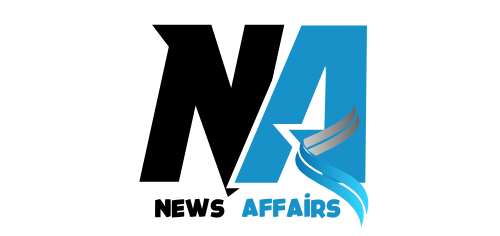NEWS AFFAIRS 7 : WHERE EVERY STORY HAS IT'S AFFAIR!
Last updated on July 26th, 2024 at 03:02 am
Table of Contents

Introduction
Presidential misconduct is not a new phenomenon in American politics. Throughout U.S. history, several presidents have faced accusations and investigations related to various forms of misconduct, ranging from personal indiscretions to abuses of power. This article explores the historical context of presidential misconduct, examining notable cases and their impact on American politics and governance.
Early Examples of Presidential Misconduct
Andrew Jackson and the Petticoat Affair
Andrew Jackson’s presidency (1829-1837) was spoiled by the Petticoat Affair, a social scandal involving the wives of Jackson’s cabinet members. While not a legal issue, the affair highlighted the personal and political conflicts within Jackson’s administration, affecting his ability to govern effectively.
Ulysses S. Grant and the Whiskey Ring
During Ulysses S. Grant’s presidency (1869-1877), the Whiskey Ring scandal emerged, involving government officials embezzling tax revenues from whiskey sales. Grant’s personal secretary was implicated, and although Grant was not directly involved, the scandal tainted his administration’s reputation.
Twentieth Century Scandals
Warren G. Harding and the Teapot Dome Scandal
The Teapot Dome scandal during Warren G. Harding’s presidency (1921-1923) involved the secret leasing of federal oil reserves to private companies in exchange for bribes. The scandal led to the conviction of the Secretary of the Interior and significantly damaged Harding’s legacy.
Richard Nixon and Watergate
Perhaps the most infamous example of presidential misconduct is the Watergate scandal, which led to Richard Nixon’s resignation in 1974. The scandal involved a break-in at the Democratic National Committee headquarters and subsequent cover-up efforts by the Nixon administration. Watergate had profound implications for American politics, leading to increased scrutiny of presidential actions and reforms aimed at ensuring greater transparency and accountability.
Late Twentieth and Early Twenty-First Century Misconduct
Ronald Reagan and the Iran-Contra Affair
During Ronald Reagan’s second term, the Iran-Contra affair exposed illegal arms sales to Iran and the diversion of proceeds to fund Nicaraguan rebels. The scandal led to multiple convictions of Reagan administration officials, although Reagan himself escaped direct legal consequences.
Bill Clinton’s Impeachment
Bill Clinton’s presidency was rocked by allegations of perjury and obstruction of justice related to his affair with White House intern Monica Lewinsky. The House of Representatives impeached Clinton in 1998, but he was acquitted by the Senate and remained in office. The scandal highlighted issues of personal misconduct and its impact on presidential governance.
Contemporary Examples
George W. Bush and the Iraq War
George W. Bush faced significant controversy over the Iraq War, particularly allegations that his administration misled the public about weapons of mass destruction to justify the invasion. While not a legal scandal in the traditional sense, the controversy had lasting political repercussions.
Barack Obama and Operation Fast and Furious
Barack Obama’s administration faced scrutiny over Operation Fast and Furious, a botched gun-running operation intended to track weapons sold to Mexican drug cartels. The controversy led to the resignation of key officials and ongoing debates about executive accountability.
Lessons from History
Importance of Accountability
Historical cases of presidential misconduct underscore the importance of accountability in government. Ensuring that presidents and their administrations are held accountable for their actions is crucial for maintaining public trust and the integrity of democratic institutions.
Role of Checks and Balances
The U.S. system of checks and balances, including the role of Congress, the judiciary, and the press, is essential in investigating and addressing presidential misconduct. These mechanisms help prevent abuses of power and ensure that no individual is above the law.
Impact on Political Legacy
Presidential misconduct can significantly impact a president’s legacy and influence public perception long after their time in office. Scandals can overshadow achievements and define how future generations remember a presidency.
Conclusion
Presidential misconduct is a recurring theme in American history, with each case offering lessons about governance, accountability, and the resilience of democratic institutions. Understanding the historical context of these scandals helps provide perspective on contemporary issues and reinforces the need for vigilance in upholding ethical standards in government. By learning from the past, the United States can strive to build a more transparent and accountable political system.
Read More :









